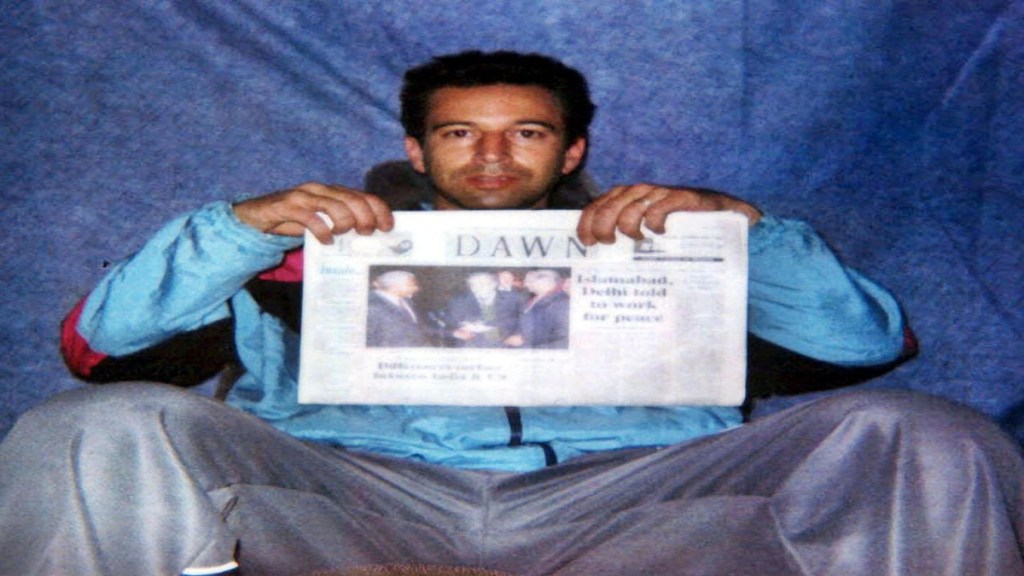Operation Sindoor: Bahawalpur, a city tucked away in Pakistan’s southern Punjab province, has long been identified as a hotbed for extremist activity. According to veteran journalist and co-founder of the Daniel Pearl Project, Asra Nomani, this city has served as a breeding ground for Pakistan’s homegrown terror outfits for decades.
In her latest post on X, Nomani hailed India’s recent counter-terror operation—Operation Sindoor—as a decisive and overdue action against entrenched terror infrastructure.
Who was Daniel Pearl?
Nomani’s connection to Bahawalpur dates back to 2002, when her friend and Wall Street Journal colleague, Daniel Pearl, travelled there to investigate militant groups following Pakistan’s promises to curb terrorism. Pearl’s quest for the truth ended in tragedy, as he was kidnapped and murdered.
“I still have chills in my heart from when I first heard that town’s name in late January 2002. For the 23 years since, I have reported on how Pakistani intelligence and military leaders have used that city — Bahawalpur — in the southern province of Punjab as a base for its homegrown domestic terrorists,” reads Nomani’s post on X.
Nomani said his death was orchestrated by Omar Sheikh—a terrorist who, along with Jaish-e-Mohammed founder Masood Azhar, had been freed by India during the Indian Airlines IC-814 hijacking in 1999. Sheikh and Azhar were linked to the same militant ecosystem rooted in Bahawalpur.
“Bahawalpur.”
— Asra Nomani (@AsraNomani) May 8, 2025
I still have chills in my heart from when I first heard that town’s name in late January 2002. For the 23 years since, I have reported on how Pakistani intelligence and military leaders have used that city — Bahawalpur — in the southern province of Punjab as a base… pic.twitter.com/nFF6geUTp7
“My friend, WSJ reporter Danny Pearl, went to Bahawalpur in December 2001 with a notebook and a pen. Gen. Pervez Musharraf had just promised he was shutting down Pakistan’s militant groups after a strike by Pakistan’s terrorists against the Parliament in India, and Danny reported on the militant offices in Bahawalpur,” wrote Nomani on X.
How Nomani reacted to Operation Sindoor?
Nomani wrote that when she heard about India’s bombing of Bahawalpur during Operation Sindoor, she instantly recognised the symbolic and strategic significance. The operation reportedly killed Abdul Rauf Azhar, Masood Azhar’s brother and a key player in Pearl’s kidnapping by proxy. “India was striking actual hubs for Pakistan’s domestic terrorism,” she noted, underscoring the city’s enduring role in global jihad networks.
Asra Nomani detailed how Pakistani intelligence and military forces have protected and weaponized terrorists like Sheikh and Azhar for decades. Instead of prosecuting them, Pakistan allowed these figures to operate freely, often directing their violence across the border into India. These groups, Nomani warned, have inflicted not only cross-border terror but also internal destruction, killing Pakistani civil society activists, students, and even politicians like Benazir Bhutto and Salman Taseer.
Nomani concluded by criticising Pakistan’s attempt to portray itself as the victim, comparing its strategy to the “Reverse Uno” tactic of moral inversion used by extremist propagandists. She urged the world not to fall for this narrative, emphasizing that accountability—from Bahawalpur to beyond—is essential for genuine peace and justice.

